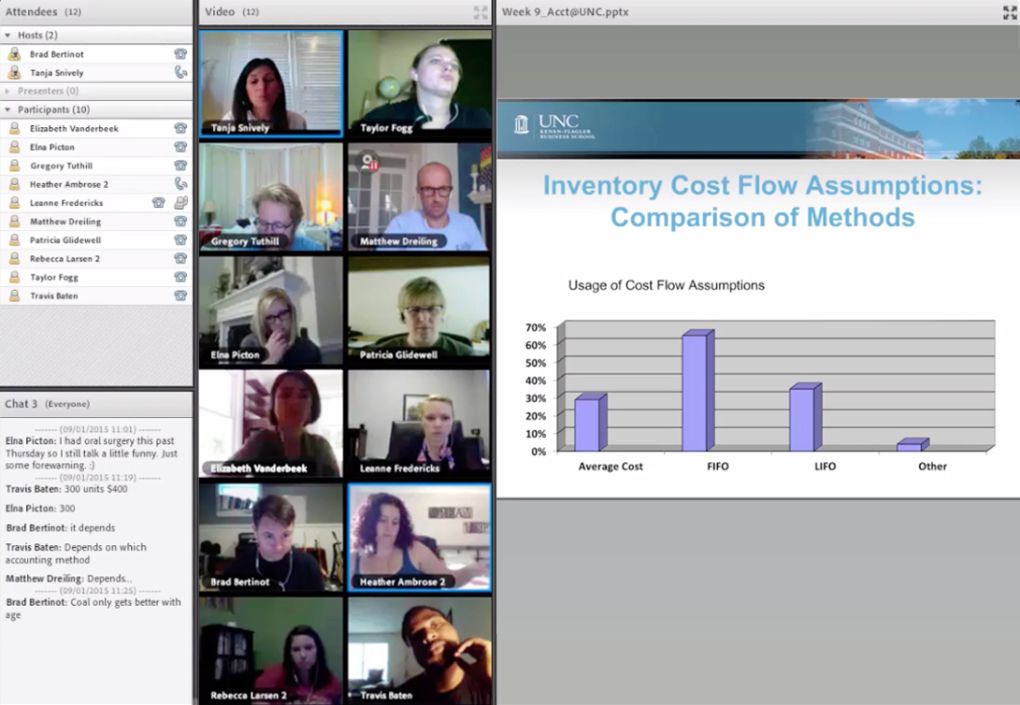
And in low-income countries, less than 10 percent of patients have access.ĮmpowerRT is harnessing technology developed at UNC years ago to reduce radiation treatment toxicities for patients. A study in Clinical Oncology reports that just five out of every 10 patients with cancer needing radiotherapy in low-and-middle-income countries have access to treatment. “We want to enable developing countries to do more with what they already have, based on UNC’s experience,” said UNC Lineberger’s Sha Chang, PhD, founder of the start-up EmpowerRT, and a professor in the UNC School of Medicine Department of Radiation Oncology.Ĭancer cases are rising across the globe, with cancer in low-to-middle-income nations expecting to account for 61 percent of all cases by 2050, according to a study published in Nature Reviews Cancer.


A social enterprise start-up company led by a UNC Lineberger Comprehensive Cancer Center researcher is looking to use technology developed in-house at UNC to improve radiation treatment in developing countries, which are expected to increasingly shoulder more of the global cancer burden.


 0 kommentar(er)
0 kommentar(er)
